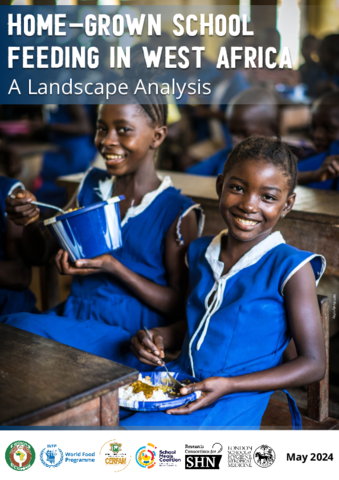
Despite progress in access to education over the years, more than 32 million children remain out of school, the largest share of any geographical regions. As we know, Home-grown school meals programmes offer a promising pathway to provide access to essential social protection systems, aiding vulnerable communities in meeting their basic needs, while fostering sustainable development and reducing poverty. ECOWAS member states have universally embraced HGSF programs, showcasing a collective commitment of their social protection systems to improve the wellbeing of schoolchildren, enhance learning outcomes, and bolster education. The Landscape Analysis, prepared in May 2024 by the UN World Food Programme (WFP), ECOWAS and the School Meals Coalition, with the contribution of CERFAM and the Research Consortium for School Health and Nutrition, an Initiative of the School Meals Coalition, offers actionable recommendations to enhance the effectiveness and sustainability of HGSF programs, emphasizing the importance of political will, sustainable funding mechanisms, multisectoral coordination, and community engagement. By implementing these recommendations, ECOWAS countries can strengthen their HGSF programs, ensuring sustained impact on education, health, nutrition, and local economies while fostering resilience to future challenges.
